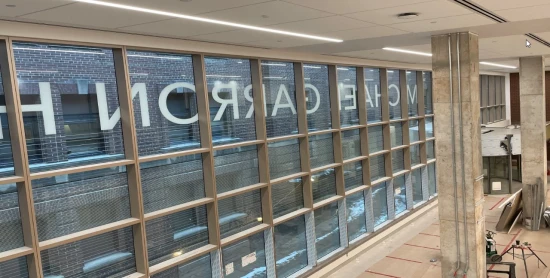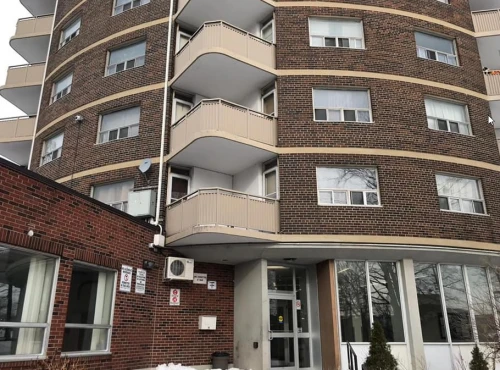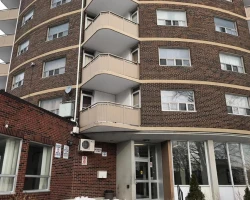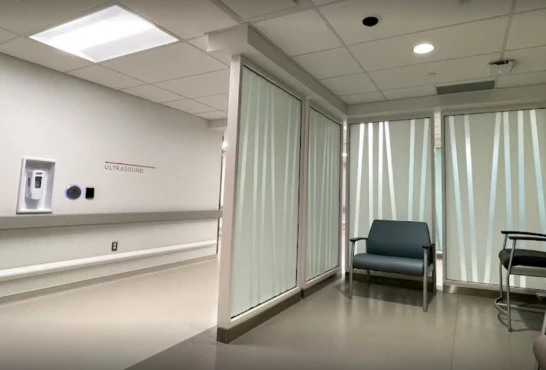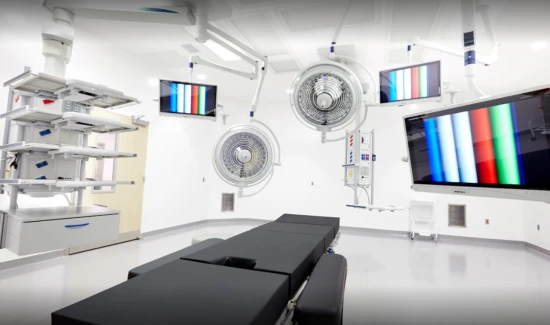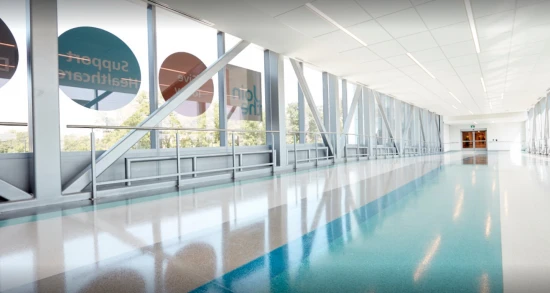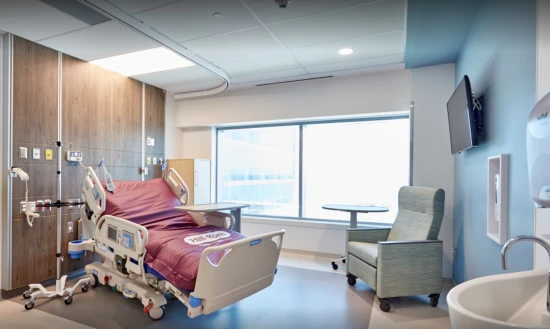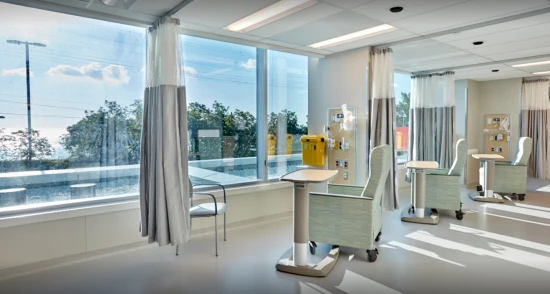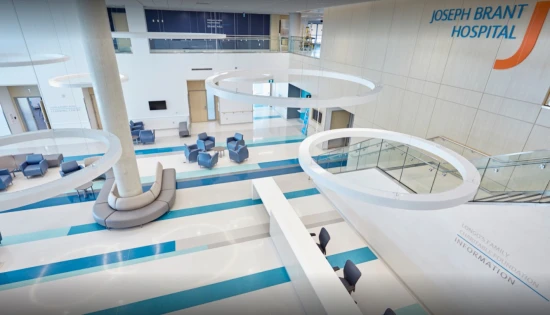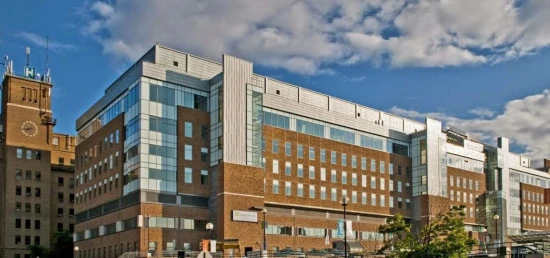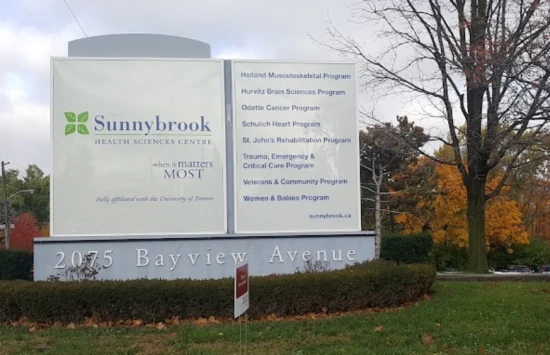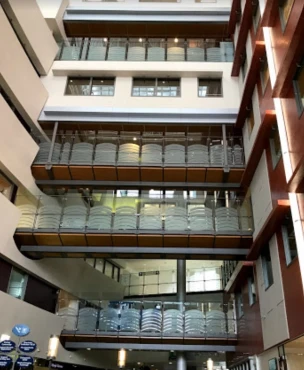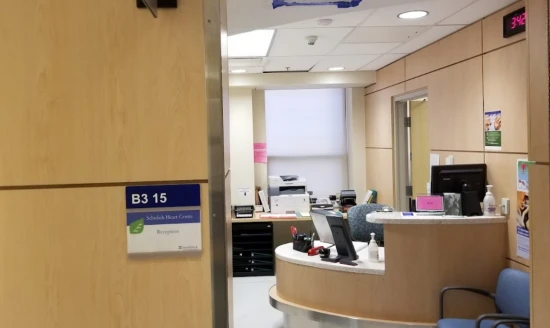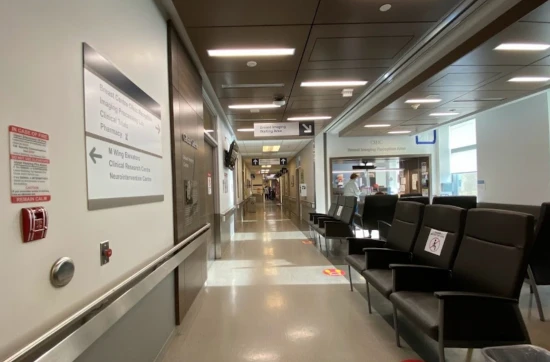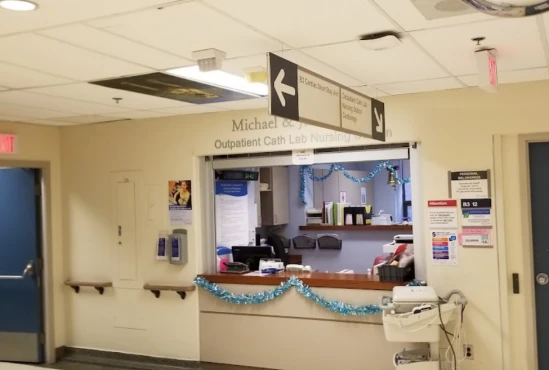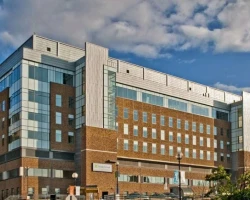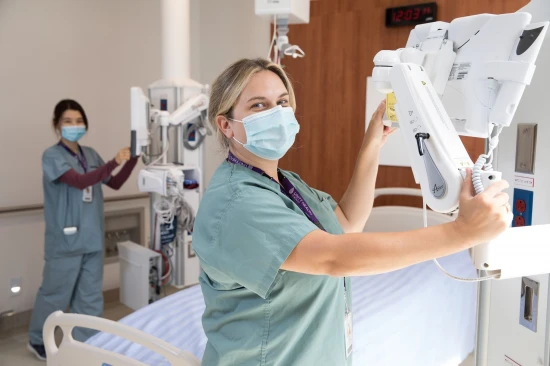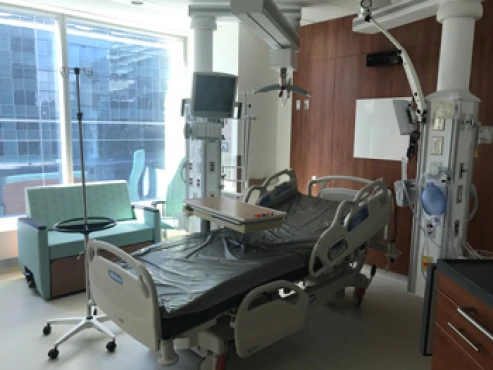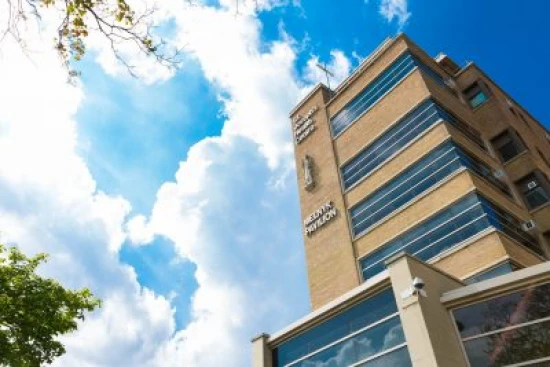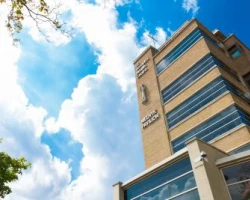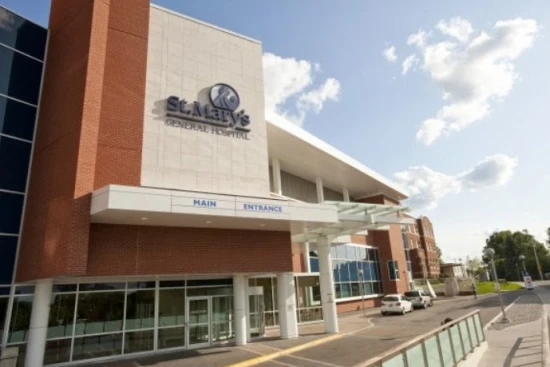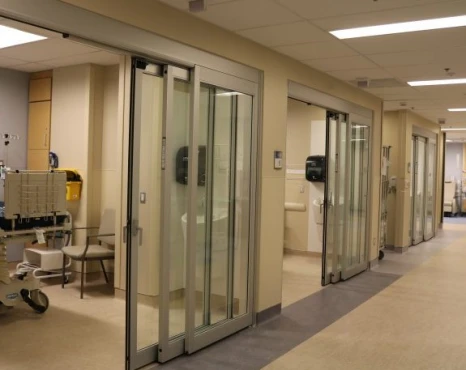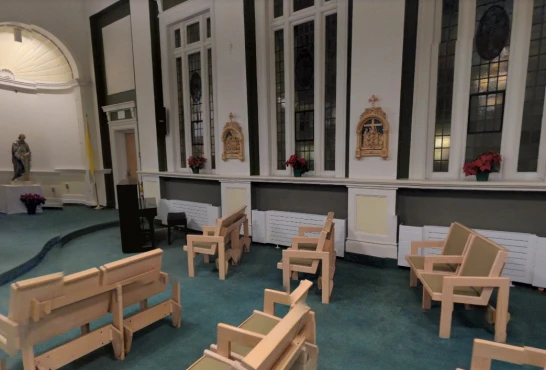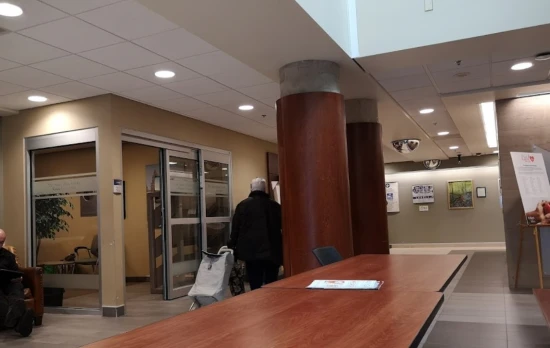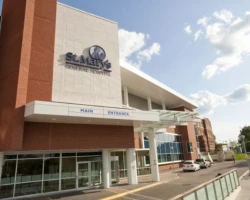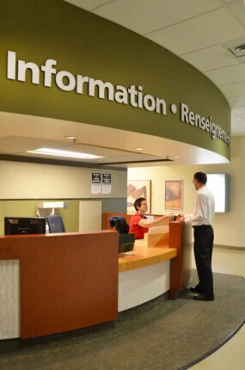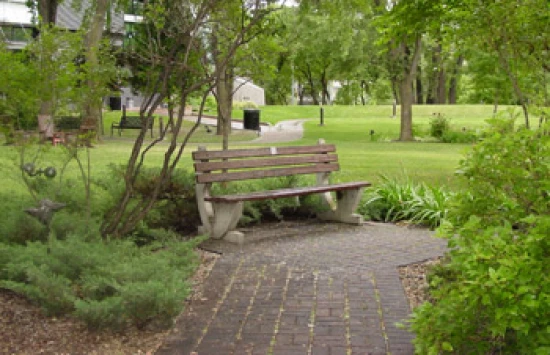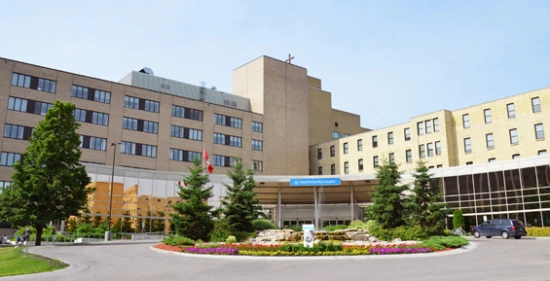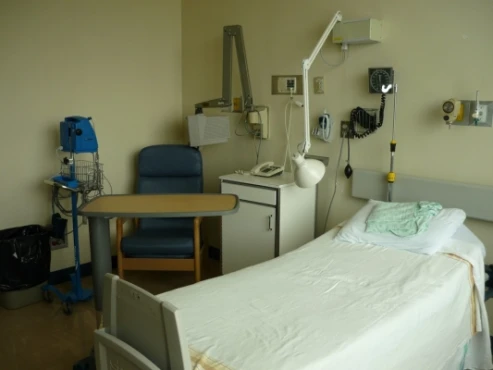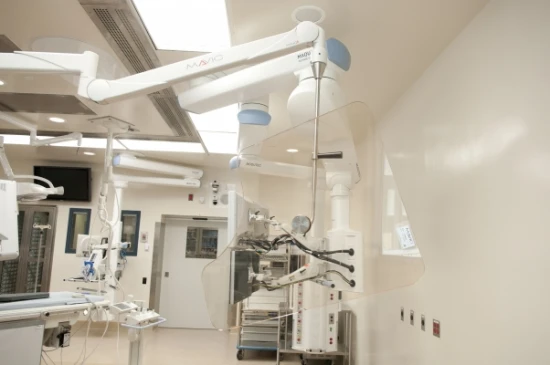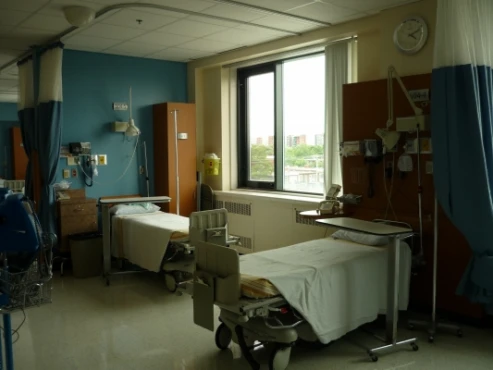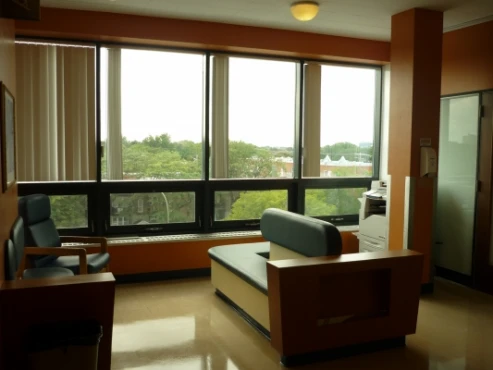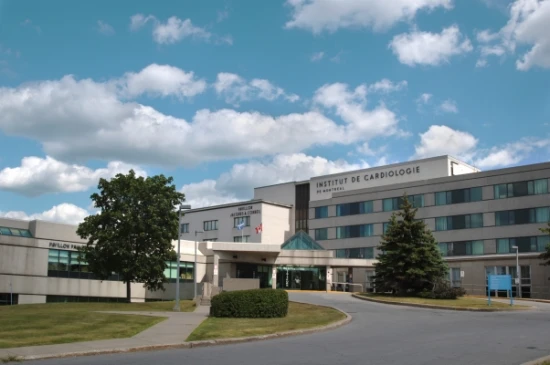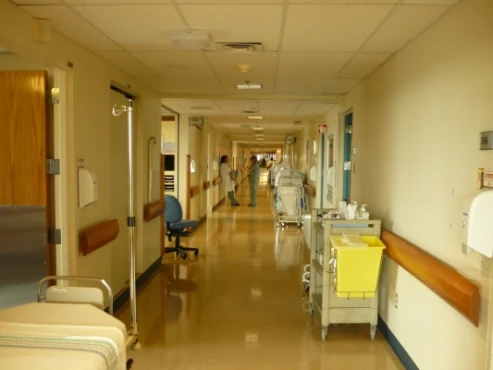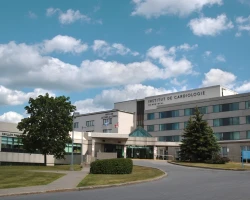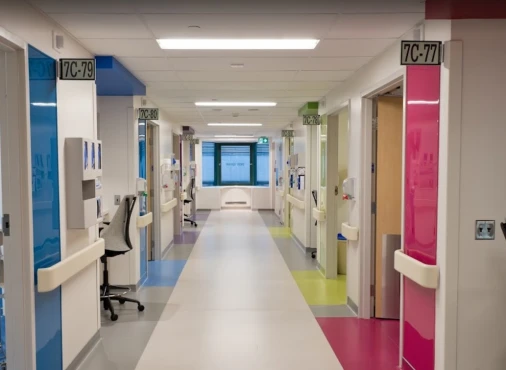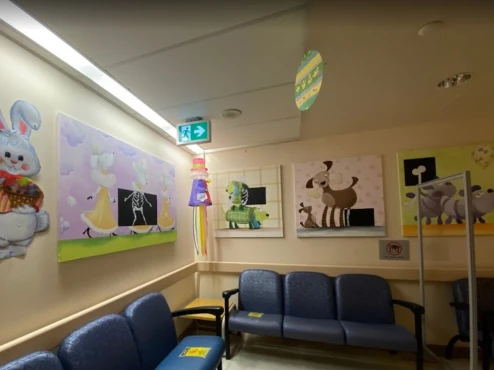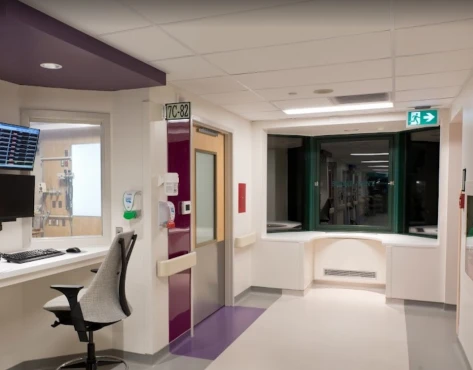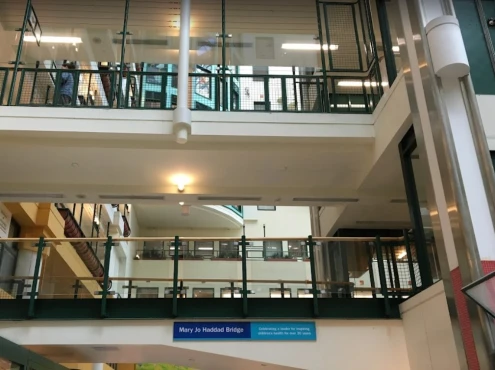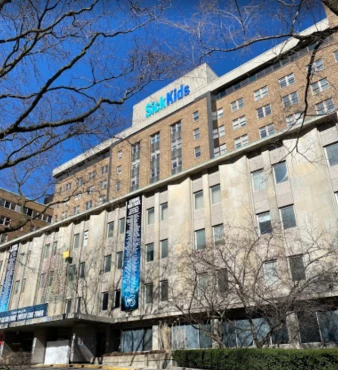Thymectomy in Clinics: an Overview of Surgical Techniques and Indications
Thymus is a small gland located in your chest cavity. It is situated between your lungs and anteriorly to your heart. It is mainly responsible for your body's immunity. Due to various reasons such as myasthenia gravis, and thymus tumors, thymectomy may be required.
Thymectomy in clinics follows a minimally invasive approach as compared to the traditional approach.
What is Thymectomy?
In simplest words, thymectomy is a surgical procedure to resect the thymus gland. Thymus is a small organ located in the upper chest or thoracic cavity. Thymus is a part of the lymphatic system. T-cells are responsible for the body's immune system through various complex pathways.
Thymectomy is usually performed for the treatment of autoimmune diseases or tumors. However, research and clinical trials have suggested that it benefits T-cell-related cancer. The procedure is typically done under general anesthesia. It involves making a small incision in the chest to access the thymus gland, which is explained later.
What are the benefits of a Thymectomy?
The benefits of thymectomy include:
- Improved breathing and relief from chest pain caused by myasthenia gravis.
- Reduced risk of developing thymic tumors, such as thymoma.
- Reduced risk of infection since the thymus houses immature T-lymphocytes, which are susceptible to infections.
- Improved heart function by improving the flow of blood throughout the body.
- Reduced risk of sudden death due to myasthenia crisis.
- Improved quality of life.
- The results of thymectomy are permanent.
- Reduced use of medicine.
How is the procedure performed?
As mentioned above, thymectomy is performed under general anesthesia. It comprises of various steps, which are as follows:
Procedure
Before a thymectomy, patients have to undergo several tests and labs (CT scans, MRIs, and blood labs). Furthermore, patients are required to fast overnight before the surgery. In some cases, medicine, such as blood thinners, are discontinued. The incision's location can vary depending on the surgical approach.
- Trans-Cervical:
It is an anterior approach which means that an incision is made in the anterior wall of the body. The incision is made in the lower neck and may occasionally involve the upper chest. - Trans-Sternal:
It is an anterior approach that makes an incision in the sternum. Trans-sternal accesses the thoracic and cervical cavities. Once the said cavities have been accessed, the thymus can be removed. The process may also require the removal of fat around the gland. - Video Assisted Thoracoscopic Surgery (VATS):
It involves making small incisions on either side of the chest and passing a fiber optic tube inside. VATS is the preferred method when it comes to recovery.
In addition, some physicians may also offer minimally invasive thymectomy in clinics. Once the thymus has been located, the surgeons will separate the sternum and move aside neck muscles.
Decompression
Decompression refers to relieving the pressure around the thymus gland by resecting it. It is a critical when thymus is enlarged due to conditions like thymomas or thymic hyperplasia. In such condition, the enlarged thymus can exert pressure on the surrounding structures and cause pressure symptoms. Pressure effects can include pain and other symptoms such as shortness of breath and even syncope.
During decompression, the structures around the thymus, are gently moved to ensure a safe resection of the thymus. In some cases, tissue adhesions may develop around the thymus due to inflammation. In such cases, these adhesions should be carefully excised before decompression.
Closure
As explained above, thymectomy is surgery and requires a meticulous set of hands. After the decompression, the closure process involves the following steps.
- The internal incisions and pleural cavity are sutured using absorbable sutures. As the name suggests, these threads dissolve on their own.
- The second step is placing the drain in the chest to prevent any accumulation of fluid. Fluid accumulation can result in tension pneumothorax, a clinical emergency.
- Finally, non-absorbable sutures or staples are placed on the skin to prevent any contamination.
A good suturing job can ensure minimal scarring and prevent post-operative complications.
The closure process in thymectomy primarily comprises of suturing of the incisions. The surgeons use absorbable sutures to close the internal incisions in the sternum or chest wall. This is followed by the placement of a chest tube to prevent the accumulation of fluid or air. Subsequently, the skin incision is closed using non-absorbable sutures or surgical staples. Post-operative care, including pain management and mobility assistance, support the healing process.
After the procedure
Thymectomy can be a daunting process to undergo. Thus, it requires post-operative care to ensure optimal recovery. The recovery period can greatly vary depending on your healthcare.
The primary care is offered at the hospital. Initially, the patient has to stay in the hospital for regular monitoring of their vitals, which can ultimately prevent complications. During this, your doctors may give you painkillers for the pain. However, infections and other symptoms are treated symptomatically.
Moreover, proper aftercare at home is also crucial. Here is how you can do it:
- Avoid strenuous exercise or heavy lifting for three months after the surgery.
- Ensure that you don't develop a cough.
- Avoid foods that can lead to constipation.
- Do not push from the sitting position using your arms.
- It is recommended to make regular appointments with your doctor.
